Applying new technology to convert organic waste, agricultural and aquatic waste and by-products into organic fertilizer is one of the effective solutions to reduce environmental pollution, turning waste and by-products into important raw materials. This is the basis for moving towards building organic agriculture, creating organic products with high economic value.
Practical value for farmers…
“Completing the composting process from household waste at factory scale, creating organic fertilizer to improve soil and propagate industrial plants using thermophilic microorganisms” is a project that Associate Professor, Dr. Dang Thi Cam Ha, former Head of the Institute of Biotechnology (Vietnam Academy of Science and Technology) and the research team piloted at the Gia An Commune Waste Treatment Plant, Tanh Linh District, Binh Thuan Province on an area of 11.84 hectares of acacia trees. The project aims to utilize organic waste for agricultural production.
After being sorted, the waste is homogenized and automatically mixed with microorganisms and some other active ingredients to form a compost pile. The process clearly defines the environmental conditions, temperature, humidity, etc., helping the compost product to be formed to no longer contain pathogens such as viruses, bacteria, fungi, parasites, low-concentration pollutants, etc. At the same time, it creates extracellular enzymes that are good for plants.
The project has completed the process of producing compost from household waste with a scale of 50 - 70 tons/day, including 35 - 50 tons of organic waste. From there, 255 tons of compost fertilizer were produced, meeting the quality standards according to Vietnamese organic fertilizer standards.
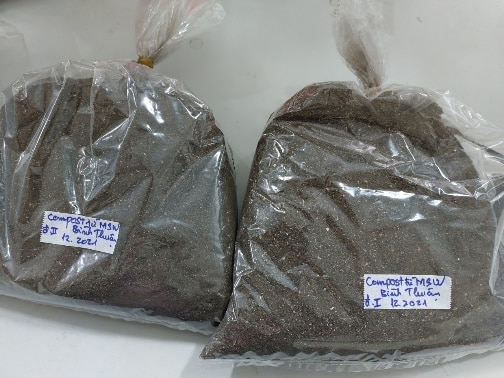
The compost product after ripening is analyzed and evaluated for quality. (Photo: Institute of Chemistry of Natural Compounds)
Experimental results show that compost produced by this process is of high quality, does not contain pathogenic microorganisms or parasites, and pollutants are minimized. The quality product becomes organic humus for growing industrial crops, helping to increase nutrients, balance the ecosystem, increase soil structure, and limit soil erosion...
Experiments in the process of planting acacia trees, when combining compost, biochar (living charcoal) and beneficial bacteria in the appropriate ratio help acacia trees grow and develop better, increasing the soil's moisture retention efficiency by 30 - 35% compared to acacia trees in the control planting area.
Pond bottom sludge can also be used as fertilizer for plants. During the research on aquaculture, Dr. Chau Thi Da (Faculty of Applied Sciences , Ton Duc Thang University) discovered that: If pond bottom sludge is not treated, it will be discharged into the environment, causing many negative impacts. However, when mixed with sawdust, biological products... in a certain ratio and ensuring certain requirements on temperature, humidity... after a certain period of time, it will become organic fertilizer.
Practical steps towards organic farming
Compared to conventional rice farming, organic farming has lower yields but higher quality in terms of both deliciousness and cleanliness. Profits are also twice as high as those from conventional rice and commodity production, said Mr. Nguyen Chanh Tai, a rice farmer in Cao Lanh (Dong Thap province). Mr. Tai's family currently has 11 hectares of rice and 4 hectares of fruit trees, all of which use organic fertilizers.
Mr. Le Quoc Dien - Deputy Director of the Department of Agriculture and Rural Development of Dong Thap province said: In 2022, the Department issued a plan "Developing an agricultural production model towards organic, clean agricultural products linked to consumption; applying synchronous mechanization, digital transformation in agriculture". Thereby, the organic rice growing model was implemented and achieved positive results in both economic efficiency and environmental protection.
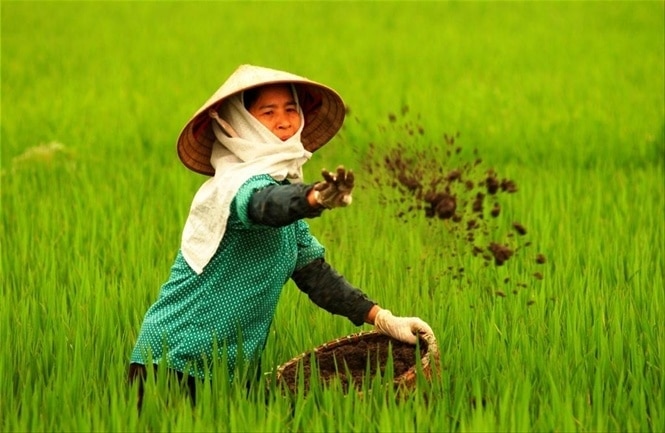
Using organic fertilizers towards the development of organic agriculture. (Photo: datsachhuuco.com)
In An Giang province and many other localities in the country, the conversion of agricultural and aquatic waste and by-products into important raw materials to create organic fertilizers has also been of interest. This is both a solution to help maximize the use of waste, sludge, etc. that have become useless in daily life and business, and to reduce the use of chemical fertilizers as well as other chemical pesticides.
According to many experts, restoring soil health and reducing environmental pollution are important factors contributing to the development of organic agriculture, creating organic products with high economic value. At the same time, reducing greenhouse gas emissions in accordance with the commitments in the Paris Agreement and the United Nations Framework Convention on Climate Change (COP26) of the Vietnamese Government.
| Composting is one of the advanced technologies proposed by the Ministry of Natural Resources and Environment to be promoted in the "Draft National Environmental Protection Plan for the period 2021-2030, with a vision to 2050". |
Mai Anh


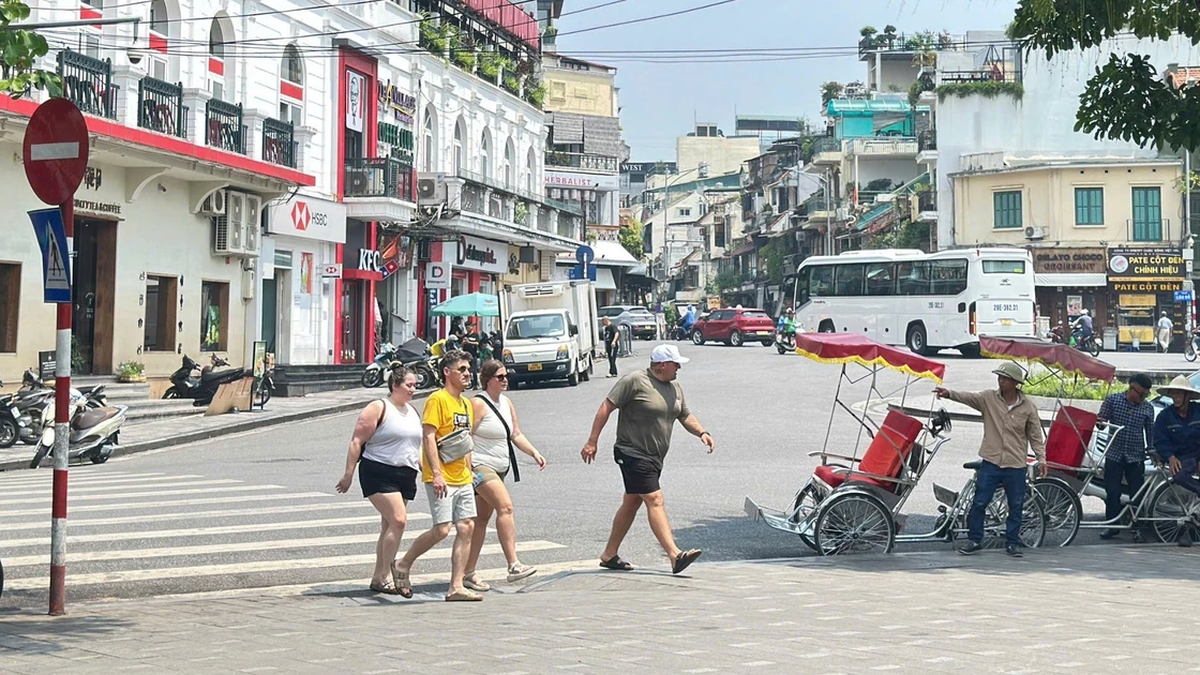
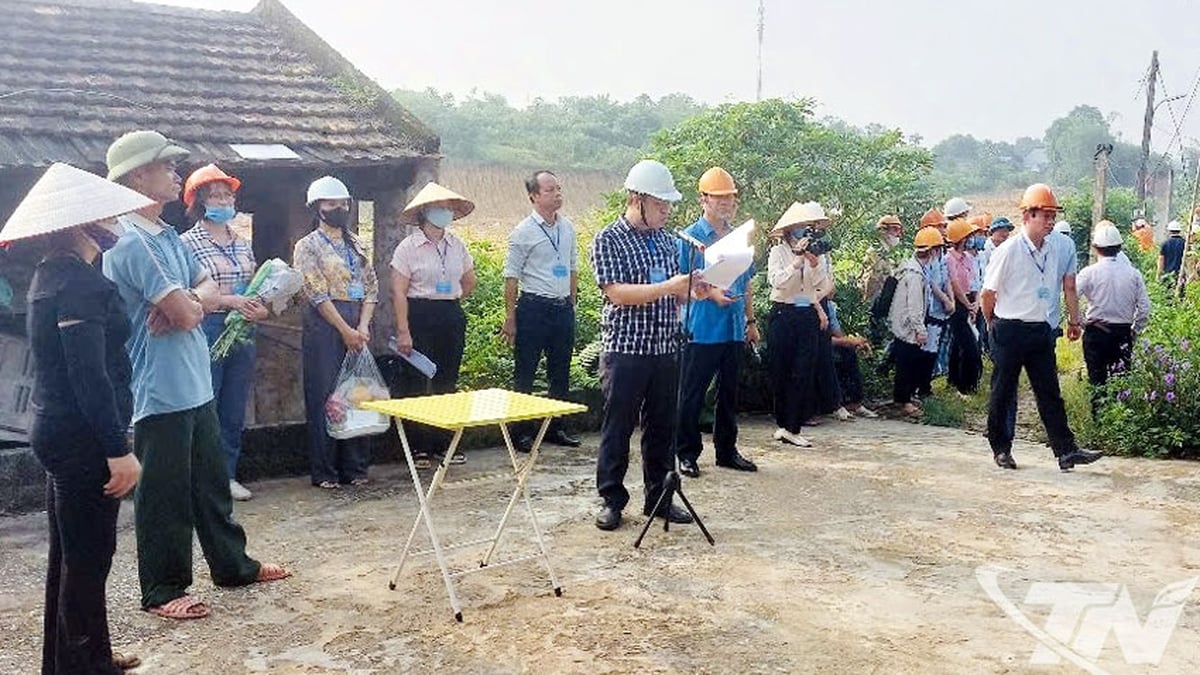




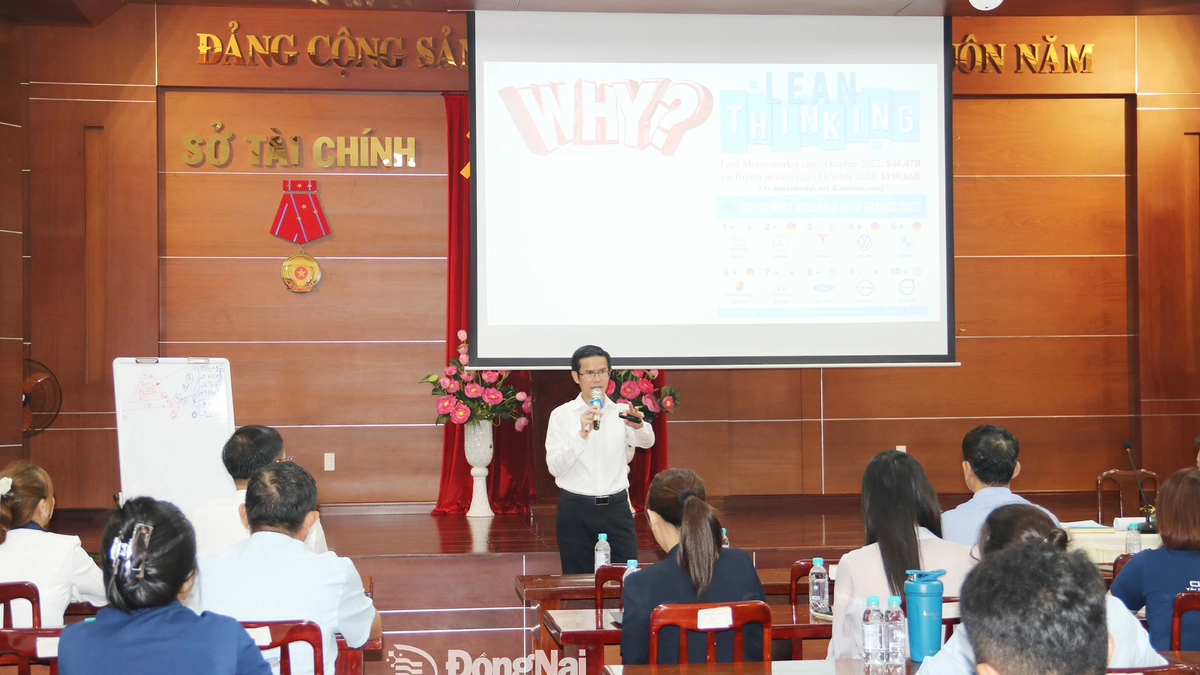


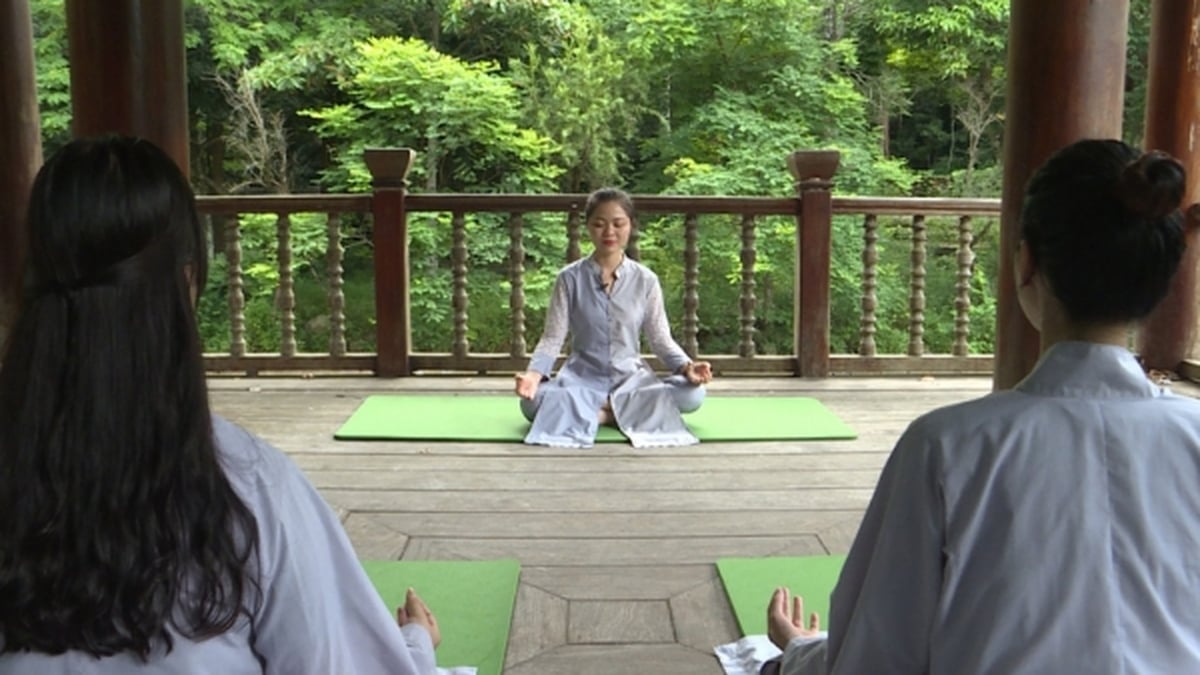


















![[Photo] National Assembly Chairman attends the seminar "Building and operating an international financial center and recommendations for Vietnam"](https://vphoto.vietnam.vn/thumb/1200x675/vietnam/resource/IMAGE/2025/7/28/76393436936e457db31ec84433289f72)




































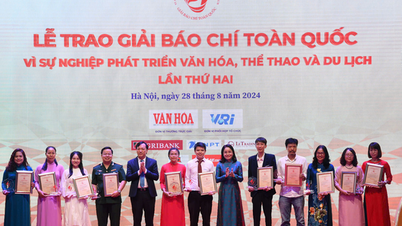

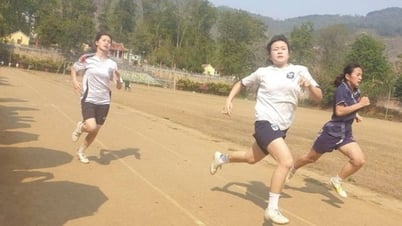
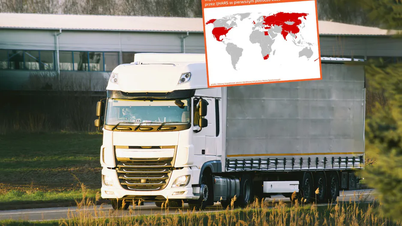

























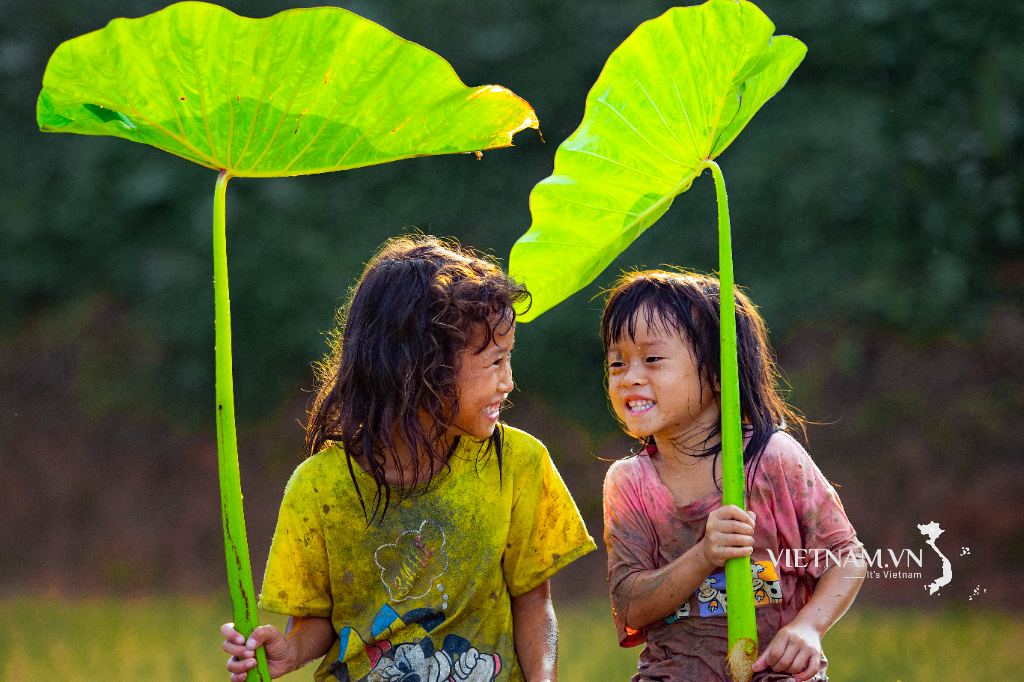



Comment (0)